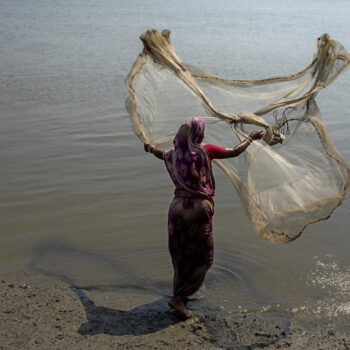E3G and the Institute for Climate and Society (iCS) are convening a side event during the Fourth International Conference on Financing for Development (FFD4).
At a critical juncture leading into Brazil’s COP30 Presidency and the Baku to Belém Roadmap, this session brings together progressive governments, major development banks, and private sector innovators to catalyse political and financial momentum around climate finance.
This closed-door discussion seeks to identify concrete solutions to address the structural barriers in mobilising adaptation finance – particularly through country platforms, prudential regulatory reform and innovative financing mechanisms.
Background
The urgent need to increase finance for adaptation and resilience is clear. Many emerging economies face increasing physical climate risks yet struggle to access the scale of investment for adaptation required. Despite being a key pillar of the Paris Agreement, adaptation finance remains underfunded, poorly structured, and unevenly distributed.
At a time when aid budgets and concessional finance is falling from many traditional donor economies – as they respond to political, security and fiscal pressures – closing the gap and ensuring countries have access to the affordable finance that is needed, is more critical and precarious, than ever.
Recent efforts, including the development of adaptation-focused country platforms in countries like Kenya – and others exploring similar approaches, initiatives to reform the mandates and effectiveness of multilateral and national development banks and the design of the African Credit Rating Agency’s development-focused credit rating methodology, offer real-time lessons and momentum for action.
Ongoing efforts to reform the multilateral development banks have delivered hundreds of billions in new concessional or affordable finance, with at least some of that increase available to support countries’ efforts to adapt to climate change. But further and faster progress is needed to fully realise the potential of MDBs.
As Brazil prepares to host COP30 this event is designed to shape the agenda and deliver actionable ideas to feed into the Circle of Finance Ministers Report and the Baku to Belém Roadmap and beyond.

